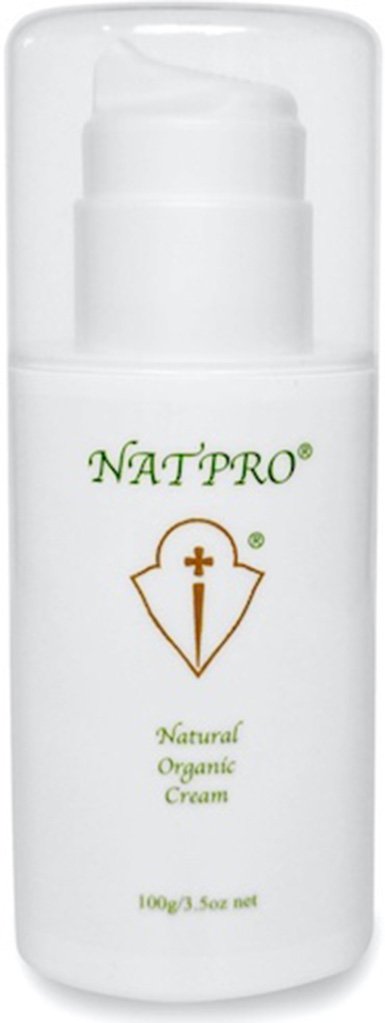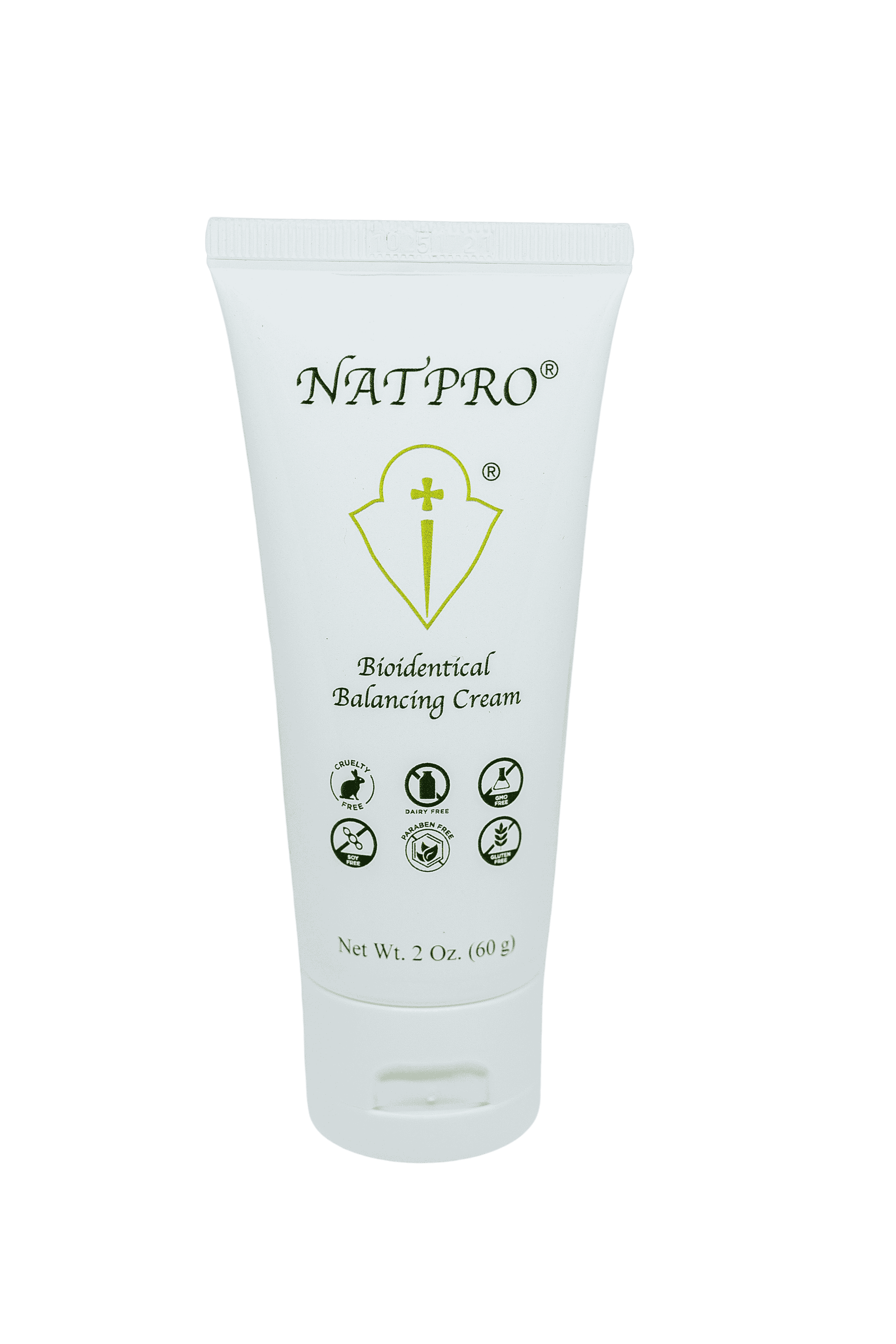Prostate cancer treatments
Although the conventional prostate cancer treatments of chemo or surgery are well known there is a more natural and benign approach to the problem that is gaining some credibility. Hormone imbalances induced by environmental toxins, especially the 'xeno-estrogens', are thought by some authorities to be a major contributor to prostate problems. Progesterone and prostate problems are linked through the action of estrogen. Natural progesterone is a powerful antagonist to these chemical poisons as such can be viewed as one of the more important prostate cancer treatments.
The symptoms of prostate diseases are...
- enlargement
- smaller urethras
- inflammation
- increased frequency of urination
- cellular changes leading to cancer
In many cases these changes can be linked to a rise in estrogen and di-hydrotestosterone and a drop in testosterone. The rise in estrogen also causes fatty tissues to be deposited in mens breasts and a reduction in facial hair. High levels of di-hydrotestosterone have been linked to prostate enlargement and cancer.
Progesterone is as vital for men's health as it is for women's. Approximately 5 to 15mg of this hormone is made on a continuous daily basis in the testes, which convert it into testosterone and other hormones, including estrogen.
As progesterone protects men against excessive estrogen, particularly the xeno-estrogens and di-hydrotestosterone, some researchers believe that the drop in progesterone levels associated with aging combined with the rise in environmental estrogen is causing the alarming increase in these problems.
That the lack of progesterone and prostate problems are interrelated is supported by the fact that the prevention and control of these diseases has been assisted in many cases by the use of supplemental progesterone administered as a skin cream.
There is substantial anecdotal evidence indicating that as little as 20mg/day is sufficient to reduce an enlarged prostate to normal. Some cases of prostate cancer have also responded to progesterone. As it is safe, with no toxic side effects, it is being used increasingly often as an alternative to other prostate cancer treatments.
The following nutritional guides have proven beneficial in assisting the fight against this disease...
- Omega 3 (an essential fatty acid) - take between 15 to 75ml/day of flax oilzinc
- the herb saw palmetto
- all the anti-oxidants - especially vitamins E, C, A and selenium
To find out more about progesterone therapy in general and how it benefits health issues other than as one of the prostate cancer treatments, please click here.

